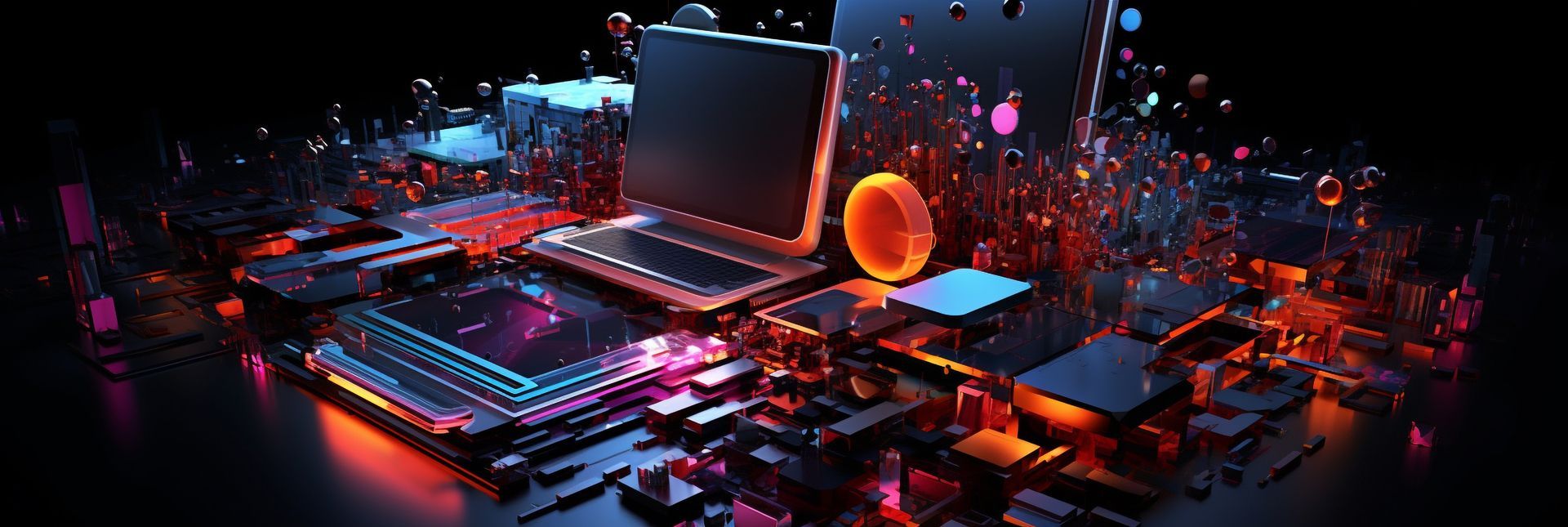Why the Future of Human + Machine Intelligence Depends on Infrastructure
Everyone’s talking about AI’s impact on the future of work — but almost no one is talking about the infrastructure it runs on.
In a recent article, Bernard Marr captures something we deeply believe at Apollo OEX: the real revolution isn’t humans vs. machines — it’s humans + machines. A collaborative model where creativity and compute amplify each other.
But collaboration between humans and AI requires something essential: massive, accessible, distributed compute.
🧠
AI doesn’t just emerge. It trains. It scales. It adapts.
And every one of those steps depends on computational resources — not in theory, but in raw processing power.
The “Missing Middle” Needs Compute
Accenture’s Jim Wilson describes a “missing middle” — the sweet spot where AI and human capabilities combine for breakthroughs. But to fill that middle, you need access to compute at the exact moment it's needed.
Traditional cloud solutions are slow, centralised, and expensive.
They weren’t built for real-time, collaborative AI.
At Apollo, we’re building the infrastructure layer for that future — an open, decentralised marketplace where compute power flows freely to where it’s needed most.
Whether you’re training an agent, augmenting a design, or scaling a model, you shouldn’t be waiting on infrastructure.
You should be plugged into it.
From Talent to Trust — It All Runs on Compute
Marr outlines key transformations already underway in business:
- Roles that blend human insight with machine scale
- New fusion skills at the edge of design, science, and analysis
- The rise of explainability and trust as core pillars of adoption
These are profound shifts — but they all assume one thing: that compute is available, flexible, and scalable.
Apollo OEX exists to make that assumption true — not just in theory, but in action.
Human + AI is the future.
Apollo is the infrastructure behind it.


